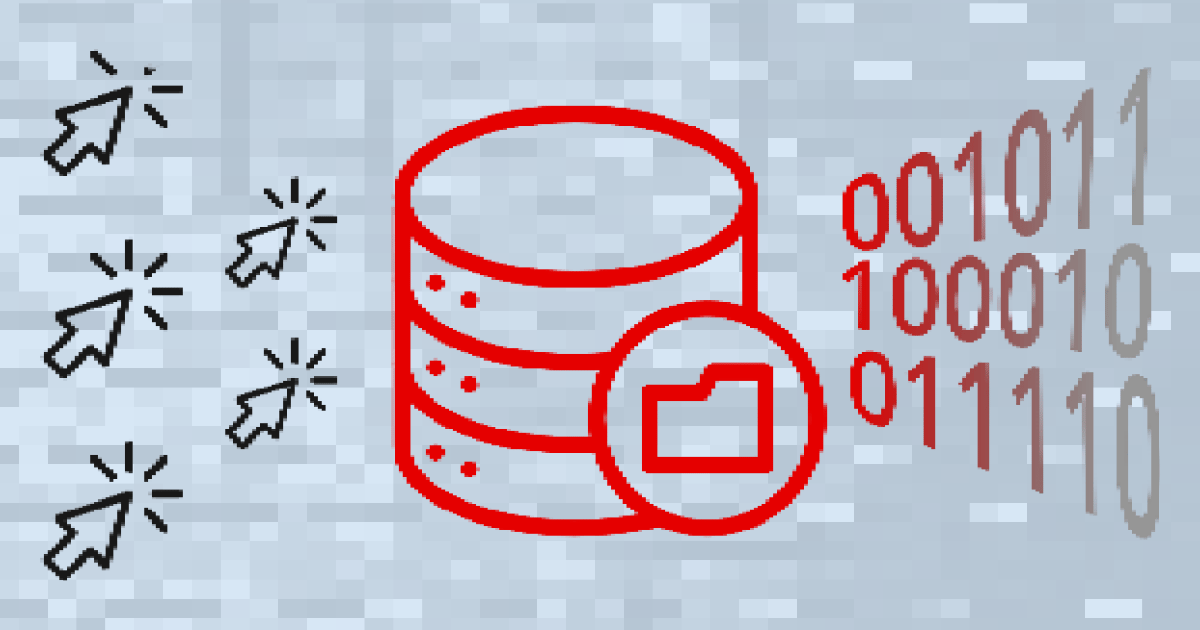So About That DIY Guide…
I know, last issue, I said I’d walk you through how to delete your own data. And I meant it! But the deeper I dug, the more I realized something important:
This isn’t the place to start.
I’ll absolutely point you to some great DIY resources in this issue. But when it comes to your personal data, the stakes are high, the process is messy, and that to-do list is long enough to scare off even the most motivated humans (myself included).
So instead of handing you a 20-tab spreadsheet and calling it empowerment, I’m starting with something easier: a way to take real action with minimal overwhelm.
This is the “get moving, not stuck” version of online privacy. Let’s go.
Deleting your data is like vacuuming with kids around
You know how you can never declare a floor perfectly clean — because as soon as you do, someone walks in with crumbs? Same deal with trying to disappear from the internet.
You can’t scrub yourself out entirely. But you can make it really hard for bad actors, creeps, and opportunists to find and use your data.
And yes, you should care. If you're wondering whether this is worth your time, consider:
It’s really unfair to expect people to suddenly become experts in technology, in their nonexistent free time, to be able to protect themselves from serious risks ― That’s the job of the government… I hope that this is a wake-up call that this can’t continue.
An estimated 13.5 million people are stalked in the US each year. … Technology is an increasingly widely utilized means of stalking, with twice as many victims being stalked with technology than without.
Your data is yours
We’ve already broken down why this matters in:
This issue is about the how — what you can do right now to start cleaning up your online footprint.
So… how do you start?
Choose a data removal service you’ll actually use
Just like with password managers, the best one is the one you’ll stick with.
You could spend hours comparing every option. Or you could pick something solid and get moving.
We picked DeleteMe. Here’s why:
1. Budget-friendly (and worth it)
Yes, it costs money. Yes, that stings. But your data is being bought and sold every day. The longer it’s out there, the higher your risk.
DeleteMe gives you:
Paid removal services
Free DIY opt-out guides (if you want to go it alone)
And honestly? Even as someone who does this stuff for a living, their DIY list is intimidating. Sometimes it’s worth paying for the peace of mind.
2. Easy to use
You plug in a few basics — your name, old phone numbers, places you’ve lived — and DeleteMe takes it from there. Fast, clear, done.
3. Email masking (and phone too!)
I still have my original Gmail from when it was in beta. I’m weirdly proud of it.
That’s part of why I love DeleteMe’s email masking service. Never again do I need to type that precious address into some shady web form. They even offer phone and (soon) credit card masking too.
4. Focused on the passive data
Remember from the Data Footprint article:
Active data = what you give willingly (intentionally or not)
Passive data = what’s collected and shared behind your back
DeleteMe is great at tackling the passive stuff. That means fewer:
Telemarketer calls
Random texts
Junk mail
Creepy search engine results
The internet is messy. Stay on it.
Cleaning up your data footprint isn’t a one-and-done fix. Think of DeleteMe like a Roomba for your personal data; it keeps sweeping, but you still have to do some spot-cleaning.
We’ll walk you through more cleanup tools in future issues. For now, starting this process is a huge win.
Want to try DeleteMe?
If you’re ready to start scrubbing your data out of sketchy broker databases, DeleteMe makes it dead simple. I did the research so you don’t have to (and yes, this is the service I’m personally using.)
If you use our affiliate link, you can get 20% off your subscription with the code PARTNER 20.
No pressure. But if you’re going to sign up anyway, using that link helps support this newsletter at no extra cost to you.
Further reading
What else is brewing…
Join us for tea!
CybersecuriTea is a free, plain-English guide to digital safety, designed for families, friends, and the folks you love. Subscribe today and get weekly tips to help keep your digital life secure.
Or, if you’d like to support our work and keep the kettle warm for everyone:
Issue # 5
This content contains affiliate links. If you choose to sign up or make a purchase through them, we may earn a small commission, at no additional cost to you. Thank you for supporting CybersecuriTea.






